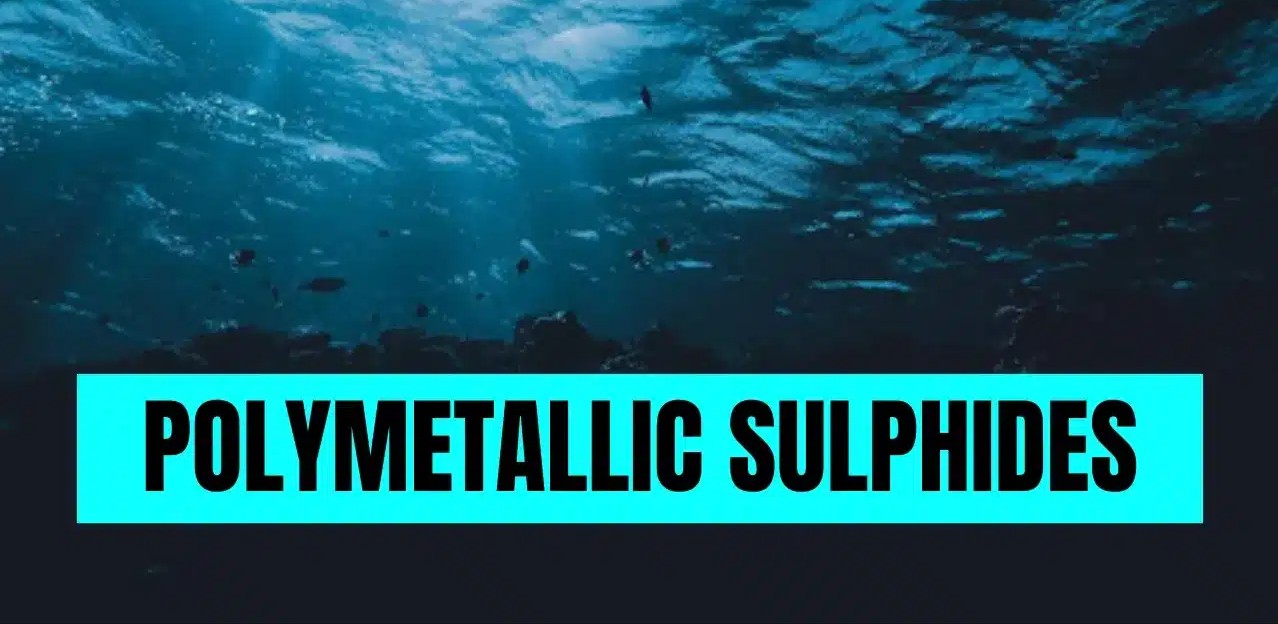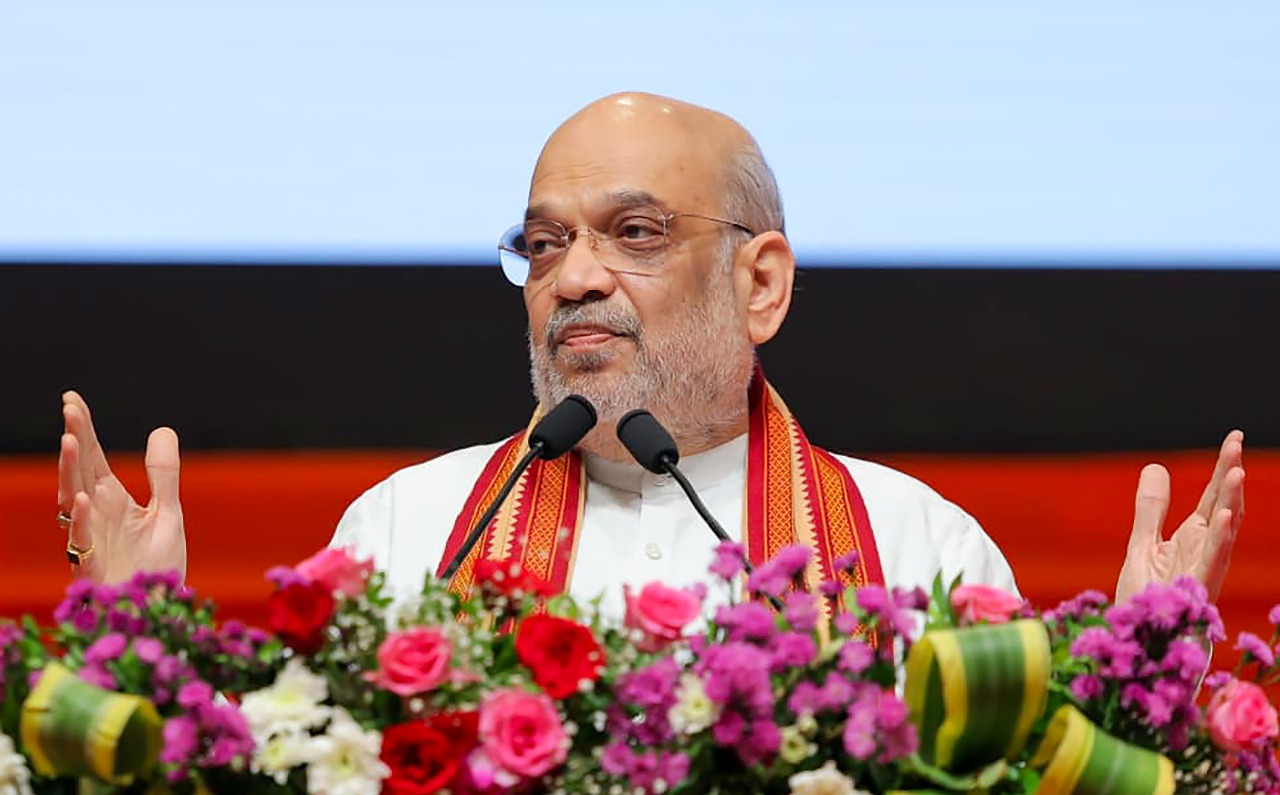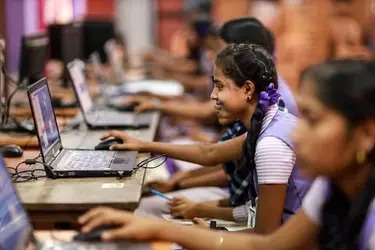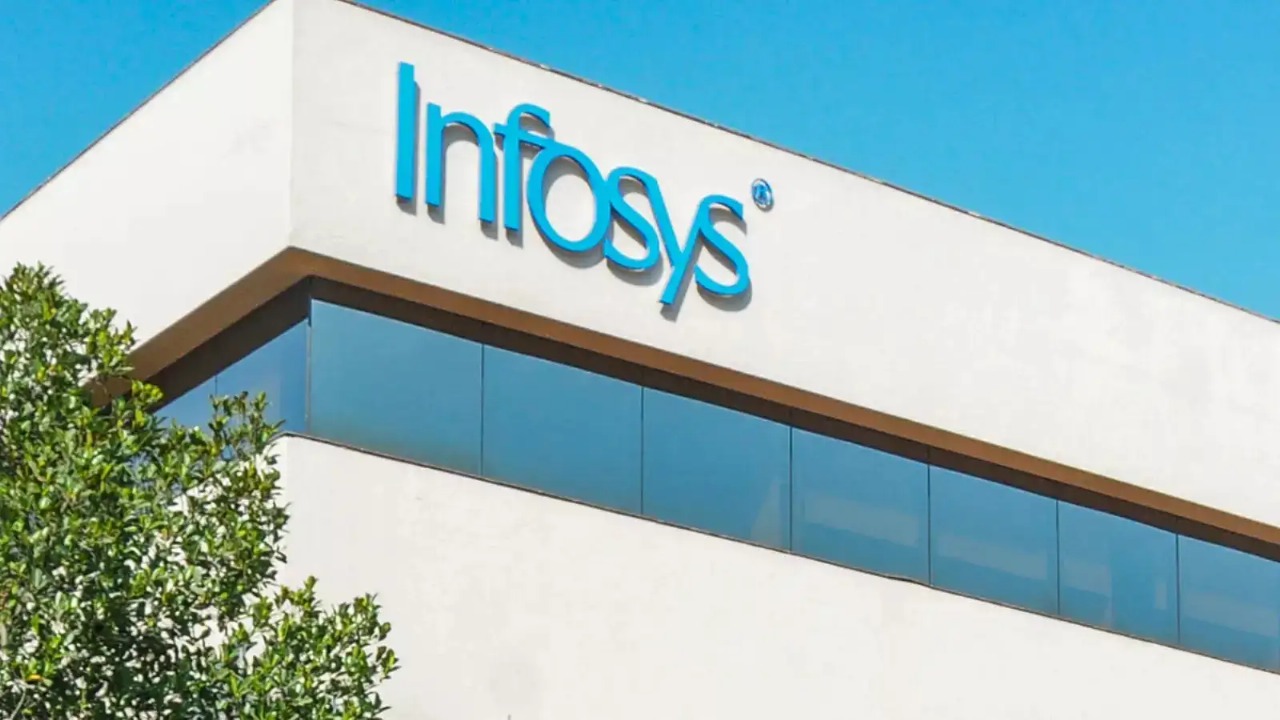
Follow WOWNEWS 24x7 on:

In a landmark move that strengthens India’s maritime footprint and resource strategy, the Ministry of Earth Sciences has signed a 15-year contract with the International Seabed Authority (ISA), granting India exclusive rights to explore polymetallic sulphides (PMS) in a 10,000 sq km stretch of the Carlsberg Ridge in the Indian Ocean. This development marks a significant leap in India’s Deep Ocean Mission and positions the country as a global leader in seabed resource exploration.
A Strategic Step Toward the Blue Economy
The Carlsberg Ridge, a seismically active zone rich in hydrothermal activity, is known for hosting polymetallic sulphides—mineral deposits formed by hot fluids from the oceanic crust. These deposits contain high concentrations of copper, zinc, iron, silver, gold, and platinum, making them critical for clean energy technologies, electronics, and high-tech manufacturing.
Key highlights of the agreement:
- India becomes the first country to hold two PMS exploration contracts with ISA
- The new contract complements India’s existing rights in the Central and Southwest Indian Ridges
- India now holds the largest exploration area allocated globally for PMS under ISA’s mandate
- The agreement supports India’s Deep Ocean Mission, launched to boost seabed mining and marine research
Why Polymetallic Sulphides Matter
Polymetallic sulphides are considered the next frontier in mineral sourcing. As terrestrial mining faces ecological and geopolitical constraints, deep-sea exploration offers a sustainable alternative. These minerals are essential for:
- Renewable energy infrastructure, including solar panels and wind turbines
- Electric vehicle batteries and components
- Aerospace and defense technologies
- Advanced electronics and semiconductors
India’s dual contracts with ISA ensure long-term access to these strategic resources, reducing dependency on imports and strengthening national self-reliance.
Scientific and Technological Implications
The Ministry of Earth Sciences will lead the exploration through its research vessel, Samudra Ratnakar. The vessel has already conducted preliminary surveys to identify promising sites within the Carlsberg Ridge. The 15-year tenure allows India to conduct extensive geological, biological, and environmental studies before any commercial mining begins.
Key scientific goals:
- Mapping mineral-rich zones and hydrothermal vents
- Studying deep-sea ecosystems and biodiversity
- Developing eco-sensitive mining technologies
- Building national capacity in marine geoscience and ocean engineering
Global Recognition and ISA Partnership
India’s partnership with ISA spans over three decades. It was the first country to receive rights for polymetallic nodule exploration and was designated a pioneer investor. With this new contract, India reaffirms its commitment to sustainable seabed exploration and the principles of the United Nations Convention on the Law of the Sea.
Additional milestones:
- India will host the 8th ISA Annual Contractors Meeting in Goa from September 18–20
- The agreement aligns with ISA’s 30th anniversary and India’s pledge to protect marine environments
- India’s leadership in PMS exploration is seen as a model for balancing resource extraction with ecological stewardship
Economic and Strategic Impact
Beyond science, the contract has far-reaching implications for India’s economic and strategic positioning. It enhances India’s maritime presence, supports the Blue Economy, and opens avenues for innovation in underwater robotics, AI-driven exploration, and sustainable mining.
Projected benefits:
- Job creation in marine research, engineering, and technology
- Strengthened supply chains for critical minerals
- Boost to India’s global standing in ocean governance and resource diplomacy
- Long-term energy and resource security
Final Thought
India’s exclusive rights to explore polymetallic sulphides in the Indian Ocean are more than a scientific achievement—they are a strategic assertion of sovereignty, sustainability, and foresight. As the world turns to the oceans for answers, India is already charting the course.
Sources: MSN India, News18, Tribune India, Firstpost, Indian Express


